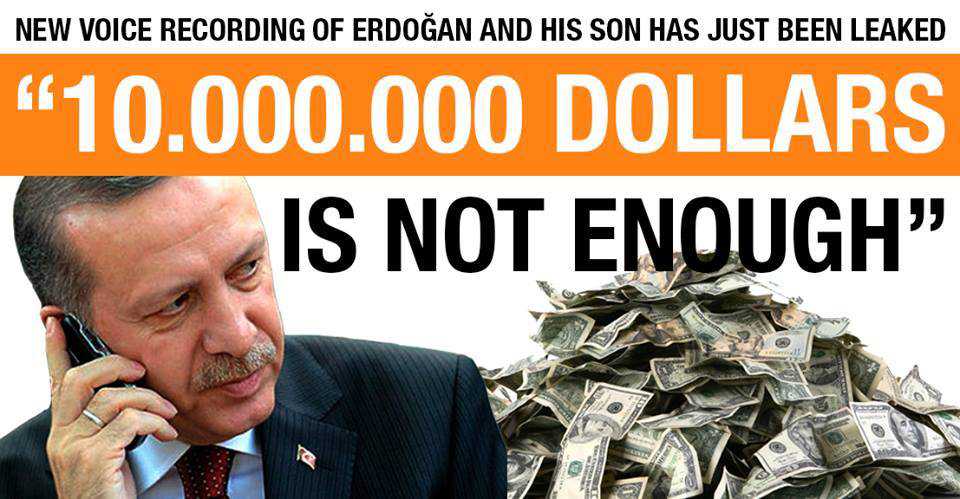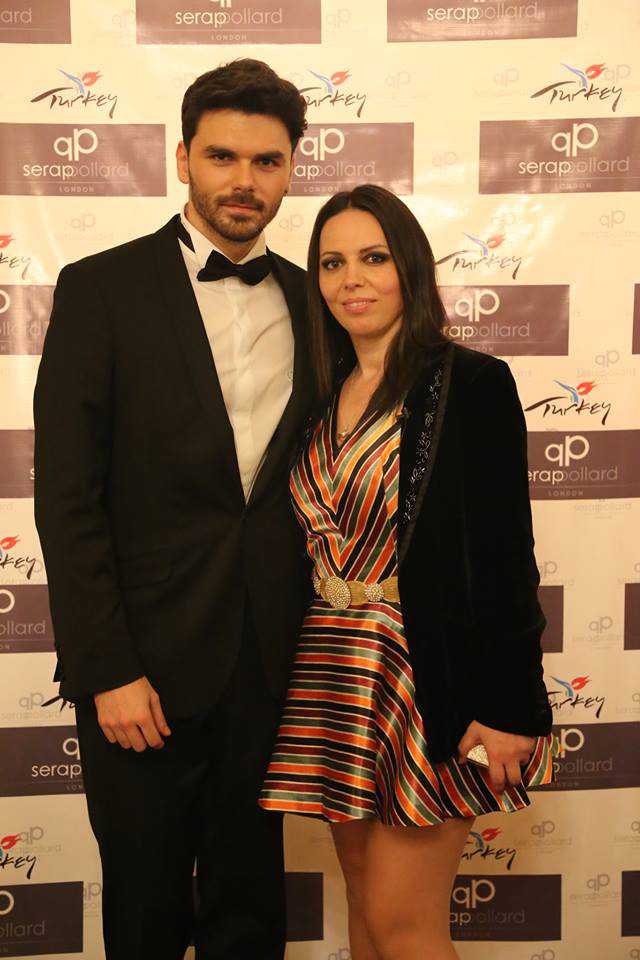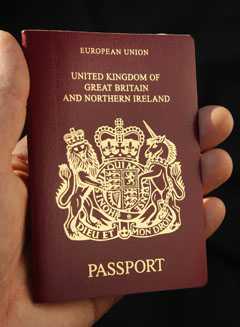As I am writing this article, Turkish Foreign Minister Davutoğlu is still in Ukraine to discuss the situation in the Crimea region. The persistent political disorder in Kiev following the collapse of President Viktor Yanukovych’s government – and his subsequent flight to Russia – are creating broad repercussions in the Crimean Autonomous Republic. After the Chairman of the Crimean Parliament Volodimir Konstantinov’s statement that they would seek to secede from Ukraine if tensions grew worse, the situation has deteriorated swiftly, including direct Russian military intervention in violation of Ukraine’s sovereignty. In an article in last week’s Russian Pravda, it was noted that if Ukraine was divided, then the status of the Crimean Peninsula – returned to Ukraine in 1954 by Nikita Kruschev, would be open to discussion, and that would include Turkey having a say in the future of Crimea.
Russia gains control over Crimea
The reference to this claim is the “Küçük Kaynarca” (Karlowitz I) signed 230 years ago. As per this agreement, signed by the Russian Tsarina Catherine II on April 19, 1783, the Crimean Peninsula was taken away from the dominion of the Ottomans and handed over to Russia. However, one of the most important provisions of this treaty was the debarment of independence for the Peninsula and outlawing its submission to a third party: Should any such attempt be made, then Crimea would automatically have to be returned to the sovereignty of Turkey.
When Ukraine appeared as an independent nation following the disintegration of the USSR in 1991, Turkey acquired the right to claim the Peninsula back based on the Treaty of Küçük Kaynarca; however, this was not brought up by the Turgut Ozal administration of the time. Turkey was content with advocating for the rights of the Tatar minority living on the Crimean Peninsula.
What Turkey needs to do at this point is to make efforts to calm down both parties in order to preserve the unity of Ukraine
Ceylan Ozbudak
That being the case, we may acknowledge that Crimea has always been a particularly indispensable region for Turkey on account of the close relations of the Ottoman State with the Crimean Khanate and the presence of the Crimean Tatars there. In addition, Ukraine is one of the foremost neighbors of Turkey, and in terms of the balance in the Black Sea region, it is important. Just as the name “Crimea” implies the largest Russian naval base at Sevastopol for Russia, the same “Crimea” connotes brotherhood with Turkic Muslims from the Ottoman times. For that reason, both Russia and Turkey have excluded the Autonomous Republic of Crimea from their policies related with Ukraine.
Stalin’s genocide of Crimean Turks
On top of that, for the majority of Turkish people who are well-read in history, the Crimean land has a distinct place when compared with other Turkic Republics, because similar to Hitler’s “holocaust” against the Jews, Stalin carried out atrocities against the Crimean Turks. Stalin’s campaign of forced ethnic cleansing and the relocation of the Crimean Turks is still well-remembered.
The Crimean Tatars and the Noghai were peoples of the Crimean Khanate and amongst the largest groups who emigrated to the Ottoman State and the Republic of Turkey. The settlement of hundreds of thousands of Crimean Tatars and Noghai made dramatic changes in the demography of the Ottoman State and its successor, the Republic of Turkey.
While the Turkish population in Crimea in 1783 was 98 percent, following the Russian invasion this was reduced to 35 percent.
The Crimean People’s Republic, which was founded following the Bolshevik Revolution, was brought to an end with the martyrdom of the president, Numan Celebi Cihan. The “Crimean Autonomous Soviet Socialist Republic” established in 1921 under the supervision of Moscow did not grant the Crimeans any freedom; the Crimean intellectuals who opposed the propaganda of the Communists against Islam and Turkish identity were deported to Siberia and the Ural mountains (mostly to die in GULAG camps).
The period following WWII was perhaps the most difficult for the Muslim – Turk community in the region. When Crimea was seized by the Russians, the entire Turkish population living in those lands for the last 1,500 years was promptly exiled. By means of a decree issued in 1945 by the Soviet government, the “Crimean Autonomous Soviet Socialist Republic” was abolished. The Crimean land attained the status of a state which belonged first to Russia, and then under the Kruschev government was transferred to Ukraine.
While a struggle for independence was going on for the Crimean Turks who had been ruthlessly deported from their nation, the homeless Russian population was made to settle in the very same land. The nearly 40 years of exile of the Crimean Turks was partly ended in 1987 when their rally for independence in Red Square turned into a major display of political power. The Soviet regime, unable to resist, subsequently allowed the Crimeans to return to their homeland. While about 20,000 Turks were living in Crimea in 1989, this figure increased to 150,000 by 1991. Today, their population is estimated to be around 300,000 and growing.
Today, the part of Crimea that strives for closer relations with Russia – and even aspires to annexing itself to Russia once full independence is achieved – is comprised of the ethnic Russians who settled in the Crimea post-World War II.
What should Turkey do?
Obviously what Turkey needs to do at this point is to make efforts to calm down both parties in order to preserve the unity of Ukraine and help them find a solution to their disagreements. Despite the obvious advantages for Ukraine in being a part of the European Union, there is no point in being surprised at Russia’s insistence that Ukraine should be part of its Customs Union and planned Eurasian Union.
Under these conditions, what Turkey should do is strive to calm the parties in order to protect the territorial integrity of Ukraine and to help Ukraine remain a state that enjoys fruitful joint relations both with the EU and with Russia by solving their domestic problems through dialogue. It must not be forgotten that Ukraine is very important for Russia in transferring its energy resources to Europe. Turkey and Azerbaijan constitute the basic axis of the South Gas Corridor (SGC). The possibility of Israel getting involved in the energy business and getting connected to the SGC, not to mention Iran’s demand to join this energy axis raises the possibility of Russia cutting off this south passages completely. Let us not also forget that Russia attaches great importance to the Sevastopol naval base and doesn’t want to see it under any strategic threat.
How can Turkey set an example to Ukraine?
Crimea rests at the epicenter of all this and does not have the power to resist, neither economically or sociologically, such strong pressure. Under these conditions Turkey should get involved more deeply and help the region by adopting a policy that embraces all Ukrainians and all the Crimean population.
Just as Turkey has been able to maintain both internal and external balances despite standing in what may well be the biggest intersection in the world, Turkey should lead the way for Ukraine as well. Anatolia sits at the junction of Europe, Asia and Africa, on prolific agricultural lands that are simultaneously poor in energy resources; yet ironically, Turkey is a hub of energy resources, as well as air and sea transportation. Turkey is also a melting pot of various ideologies and hostilities. She is the intersection of the European understanding of modern democracy, the old leftist ideologies of Russia and the Eastern Bloc, Arab nationalism and Islamic denominations. She holds a position that has been able to establish equal relations with Israel and Iran, Russia and the Gulf Countries, and has still been able to peacefully harbor all these factors inside the vastness of the Anatolian Steppes.
When we evaluate all these factors, it would be a grave mistake to expect Turkey to adopt a policy that would harm the territorial integrity of Ukraine by making a claim in Crimea. As I have stated above, Turkey should help create a situation that would preserve Ukraine’s territorial integrity with Crimea, one that would see Ukraine approach the European Union, yet not completely break away from Russia. The situation should also finally help in establishing a solid democracy with the norms of the European Union. We need a new policy approach in Europe with a model which will leave the Twentieth Century’s bi-polar world behind and keep alliances on the back burner. We need neighbors that can act in a more integrated manner by ridding themselves of obsolete worldviews, leftovers from the era of the Cold War. We need mature and wise statesmen who can hold the hands of parties in conflict in order to make them meet in the middle and make peace instead of picking sides or cowering behind barricades at the slightest complication. Turkey has been able to hold on to its moral values and has been able to stand tall and stand strong, even in the perennially restless Middle East, and can thus set an example for Ukraine.
______________________
Ceylan Ozbudak is a Turkish political analyst, television presenter, and executive director of Building Bridges, an Istanbul-based NGO. As a representative of Harun Yahya organization, she frequently cites quotations from the author in her writings. She can be followed on Twitter via @ceylanozbudak







